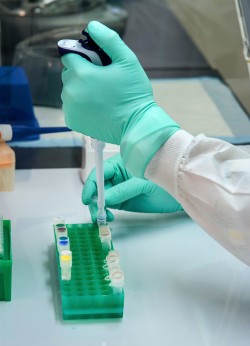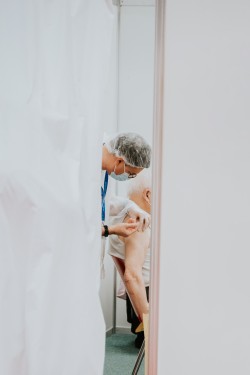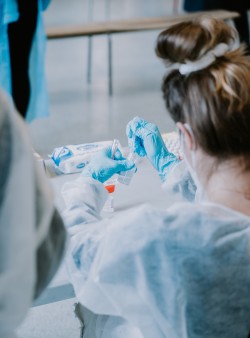Te Niwha-funded research projects are harnessing the national coverage and expertise of community pharmacies as these health professionals play an ever-increasing role in the frontline fight to keep communities safe from infectious diseases.
The Medical Research Institute of New Zealand (MRINZ) is leading two Te Niwha-funded research projects that involve community pharmacists. These projects, conducted through its nationwide Pharmacy Research Network (PRN), engage with participants through their local community pharmacies.
The first project, in collaboration with the Crown Research Institute of Environmental Science and Research Limited (ESR), assesses the feasibility of enhancing existing national surveillance systems in general practices and hospitals by incorporating pharmacy-based monitoring to track circulating viruses. The second project is a randomized controlled trial investigating whether the immune response and side effects from COVID-19 vaccination vary depending on whether the vaccine is administered into the deltoid muscle or subcutaneous tissue.







